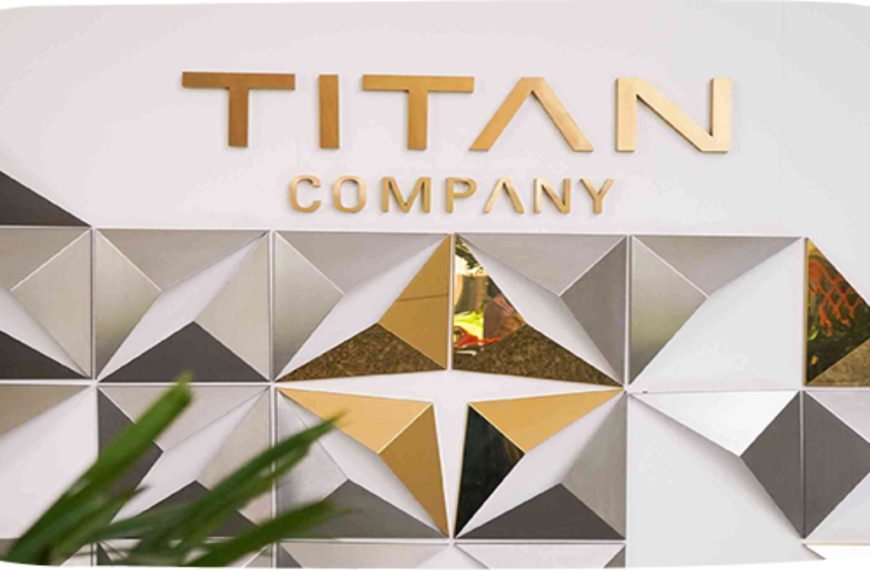On Friday, April 4, the Indian stock market experienced a dramatic sell-off, with major indices taking a significant hit. The Sensex plunged by over 800 points, while the Nifty 50 fell below 22,950, largely due to unfavorable global market conditions. This downturn came despite a day of resilience in the domestic market, where investors were initially optimistic.
Global Influences on Indian Markets
A key factor contributing to this market turmoil was the announcement by U.S. President Donald Trump regarding new tariffs that could impact various sectors, including pharmaceuticals. Although the Indian pharma industry was initially excluded, there are growing concerns that tariffs could soon extend to pharmaceutical imports as well.
- Market Sentiment: Despite experts suggesting that these tariffs may not severely affect the Indian economy directly, the uncertainty surrounding their potential implications has significantly dampened investor confidence.
Sector Analysis: Winners and Losers
Top analysts have identified sectors that may be affected by the tariffs imposed by the U.S. on India:
Automotive Industry: Navigating Uncertainty
The automotive sector finds itself in a precarious position, especially companies that supply auto parts to major U.S. manufacturers like GM, Ford, and Tesla.
- Revenue at Risk: "Many Indian manufacturers rely on exports for more than 50% of their revenues," mentions Sreeram Ramdas, VP of Green Portfolio. Given the looming uncertainties, a cautious approach is advisable for investors in this sector.
Capital Goods and Chemicals: Facing Short-Term Challenges
Manufacturers in the capital goods and chemicals sectors are likely to experience negative effects from these tariffs, which could impact their earnings and profit margins.
- Potential Fallout: "The performance of these sectors will be closely tied to global trade policies and any counteractions from India," Ramdas adds.
Metal and Steel: Cyclical Pressures Ahead
The metals sector may also face challenges from these tariffs.
- Stock Predictions: "Defensive stocks such as FMCG and utilities may perform better, while cyclical sectors like autos and metals could struggle," predicts Pranay Aggarwal, Director & CEO of Stoxkart.
Textiles: A Struggling Sector
The textile industry, a significant player in global supply chains, could be adversely affected by the tariffs.
- Export Challenges: "Export-oriented sectors like textiles and auto parts are likely to face pressures from high U.S. duties," states Anirudh Garg, Partner and Fund Manager at Invasset PMS.
Defensive Stocks: A Safer Bet
In periods of economic uncertainty, defensive stocks often outperform.
- Investment Strategies: "Investors should keep an eye on retaliatory measures and the specific exposures of various sectors," Aggarwal advises.
Banking and Financials: Stability Amidst Volatility
The banking and financial services sectors, particularly those with minimal international exposure, could offer a refuge amid this market volatility.
- Investment Focus: "Investors should consider sectors that depend little on international trade, such as domestic banks and consumption sectors," suggests Vishal Bajaj, Director at Wealth, Client Associates.
Conclusion: Balancing Risk and Opportunity
The concerns over U.S. tariffs have introduced a wave of volatility in the Indian stock market, creating challenges for certain sectors while presenting opportunities for others. The pharmaceutical sector may emerge as a potential beneficiary, while the automotive, metals, and textiles industries face immediate hurdles. Defensive sectors like FMCG and utilities can provide stability, and banking remains a reliable long-term investment. Investors are encouraged to diversify their portfolios and keep a close watch on evolving trade policies to navigate this complex landscape effectively.











